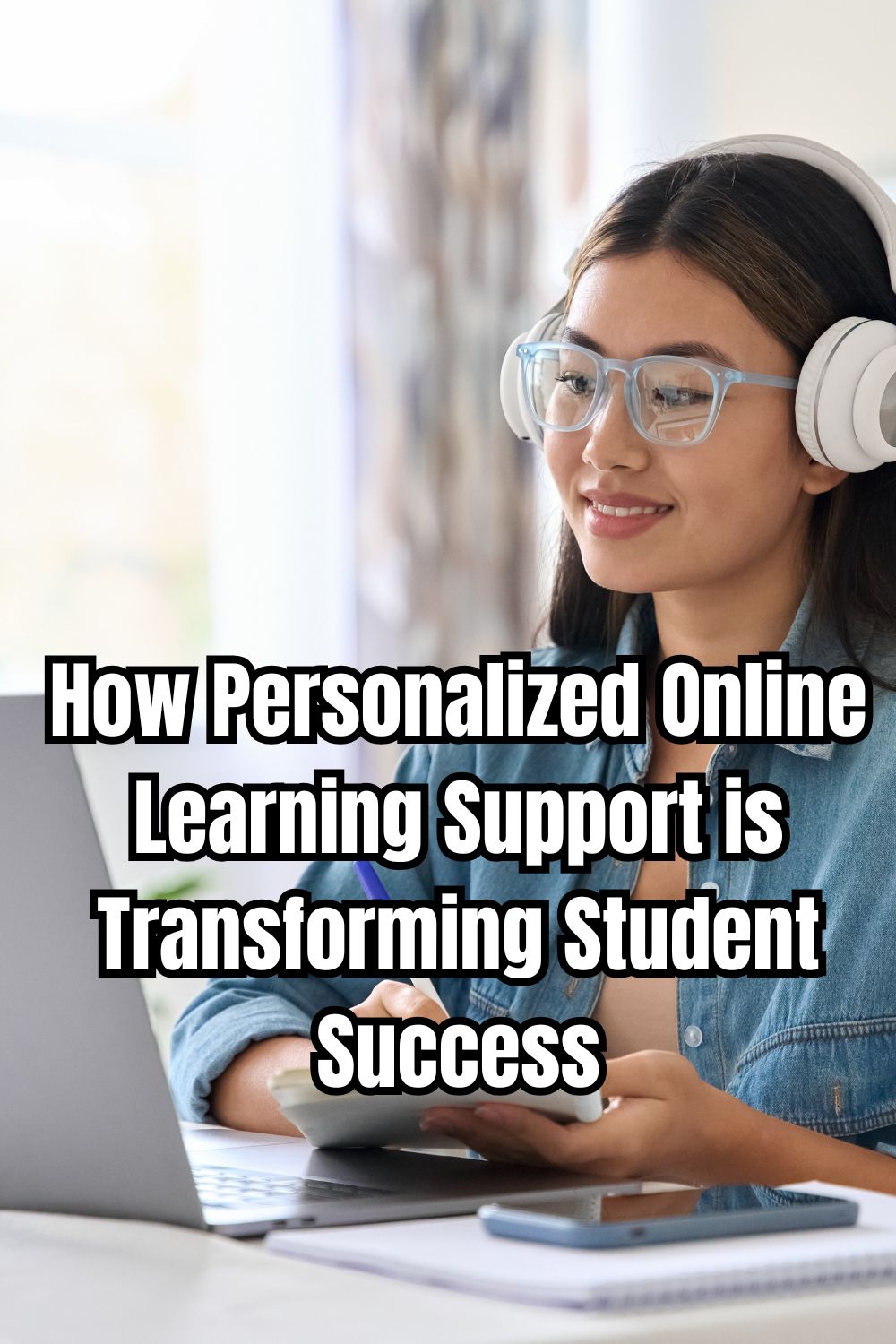Explore how personalized online learning support is transforming student success by adapting to individual learning needs.
Key Takeaways
- Personalized learning is revolutionizing education by adapting to individual student needs, fostering flexibility, and delivering targeted support tailored to each student’s unique learning style.
- The combination of technology and skilled educational experts is raising the standard of student engagement and achievement across various learning environments.
- Research consistently demonstrates that tailored educational approaches can bridge significant achievement gaps and cultivate deeper learning for diverse students.
- Effective personalized learning requires collaboration and active participation from parents, educators, and students alike.
The Growing Demand for Personalized Learning Support
Across schools, districts, and homes worldwide, there’s a surge toward adaptive, student-centered education. This trend arises from the fact that each learner processes information at a unique pace and has distinct interests, strengths, and challenges. Traditional classrooms, with their rigid curricula and set schedules, often fail to meet the diverse academic and personal needs of students. Consequently, more families are discovering personalized online learning support to customize or fully reimagine their children’s educational journeys.
Recent findings by the Christensen Institute indicate that over 70% of parents consider personalized education essential for student success. Driven by this belief, school systems and policymakers are rapidly integrating customized pathways and digital tools to support student learning. This shift reflects a fundamental change in how learning is delivered and assessed. For more on the scope and impact of EdWeek’s transformation, EdWeek’s overview provides insights into how personalized learning is reshaping K-12 education.
What is Personalized Online Learning Support?
Personalized online learning support tailors students’ experiences to each student’s unique identity and learning stage, allowing for customized learning paths rather than a one-size-fits-all approach. This method incorporates digital technologies that monitor progress, support virtual school skills development, and suggest resources while maintaining the involvement of educators who provide feedback and adjust plans. The combination of technology and dedicated educators promotes independent learning, accountability, and supportive interactions, helping students to progress confidently.
Top Benefits for Students and Families
- Accelerated Academic Growth: Tailored instruction means students spend more time on material that challenges them, and they review concepts they’ve already mastered. According to extensive studies, learners in personalized programs advance more quickly in key subjects and are less likely to fall behind.
- Improved Confidence and Motivation: Meaningful, individual feedback replaces the anxiety of comparison with others. Students learn to take pride in their progress. This boost in self-esteem can be especially important for students who have struggled in standard settings.
- Equitable Accessibility: Flexible models open up opportunities for a wide range of learners—those with busy extracurricular schedules, medical needs, or learning differences. No matter where or how a student learns best, personalized support helps level the playing field.
- Deeper Parental Engagement: Parents benefit from transparent access to academic progress, targeted feedback, and actionable insights. They can become informed advocates and coaches for their children, embracing their crucial role in the learning journey.
It’s a wonder that many families who make the transition to personalized online support notice not just academic improvements, but also happier and more enthusiastic learners overall. These outcomes align with the findings of research conducted by leading education organizations worldwide.
The Role of Technology and Educational Experts
The latest online learning platforms utilize real-time analytics, interactive elements, and adaptive content to provide students and their families with immediate feedback. This feedback helps identify areas needing support or further exploration. When combined with experienced educational professionals, these platforms foster a supportive learning environment, offering customized learning plans, motivation for students, and strong partnerships with parents, thus creating a balanced and nurturing educational ecosystem.
How to Get Started with Personalized Online Learning
- Start with an open conversation about personal interests, learning challenges, and future aspirations. Understanding the “why” behind learning sets a strong foundation for success.
- Compare online programs and support systems actively. Look for evidence of individual success stories, flexible curriculum options, and qualified teaching staff.
- Utilize demo sessions and initial assessments to get hands-on experience and gauge fit before committing to a program.
- Maintain frequent touchpoints with learning coaches or a WhatsApp advisor. Announce what’s working and approaches that aren’t certain and aren’t producing results. Collaboration ensures that the plan remains effective over time.
- Celebrate every achievement, both academic and personal. Building positive momentum helps sustain motivation and fosters resilience in the face of setbacks.
The most effective personalized learning journeys are those in which students, families, and educators work together as a team, regularly communicating needs and successes.
Future Trends in Education and Personalized Support
The future of education is increasingly focused on digital, adaptive, and collaborative learning, enhanced by artificial intelligence that tailors lessons to student needs. Parental access to student progress will improve, and mobility between learning environments will become easier. The emphasis is on striking a balance between human connection and technology. A Hechinger Report analysis examines the successes and challenges of personalized education, emphasizing the importance of fostering lifelong learning and adaptability in students.

Leave A Reply!